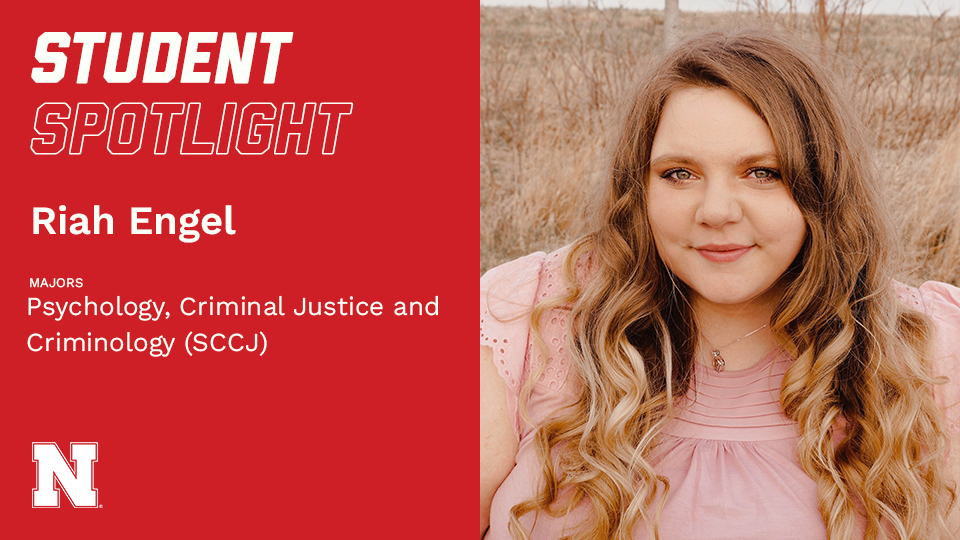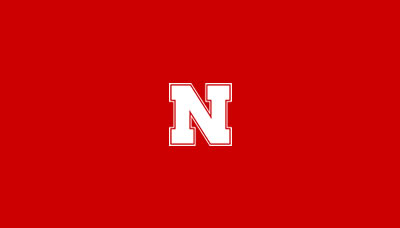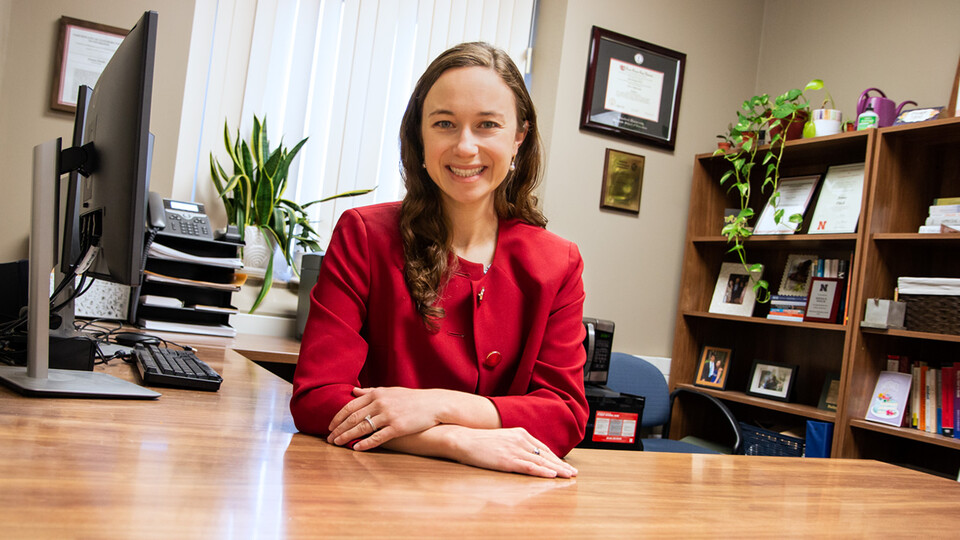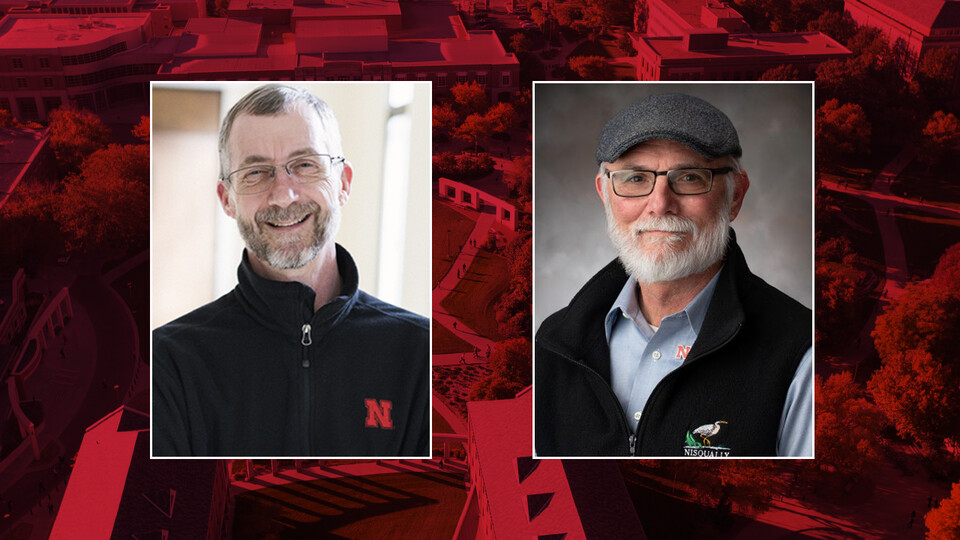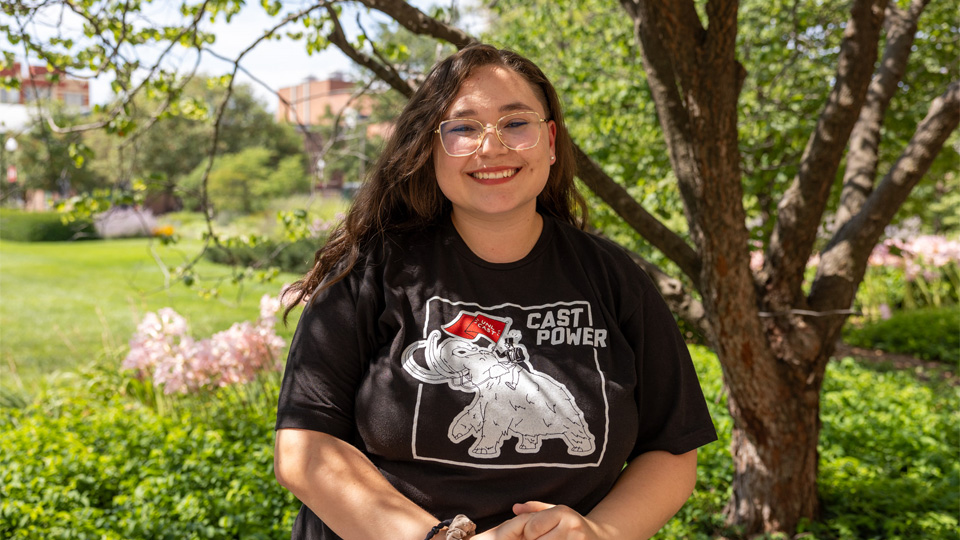
Major: Psychology and Pre-Med
Hometown: North Platte, NE
What was an unexpected challenge you faced during your first year of college?
Going through K-12, subjects came naturally to me, and eventually, I didn’t need to study hard or truly apply myself to get ahead. There was no doubt, I was suffering from gifted child syndrome. Coming to college, I was thrown into my worst academic nightmare; every assignment was suddenly taunting me on the canvas page and the idea of taking an exam would wake me up in the middle of the night. I could not figure out how to navigate this new chapter of my life. I would study for hours and never retain anything. I got behind in my classes. I failed an exam. But the thing is, I learned to fail successfully.
What was your first step towards failure recovery?
The Center for Academic Success and Transition (CAST): This was the first step into my failure recovery. At the CAST office, any student can learn about time management, studying, and loads of methods to get you unstuck academically and ways to prevent you from falling back into the mud.
What is a study tip you would recommend to other students?
Actually Study: I see countless amounts of my peers and the students I tutor study by copying their textbook and then passively looking over their study material. To truly get the information from your notes into the wrinkles of your brain, you must be active in your studying. Create your own quizzes and trade them with a friend in the class. Teach a topic you’re having trouble with to your unsuspecting roommate and have them ask follow-up questions. Get a blank sheet of paper, and without looking, write down as much of the section you can remember; then compare it with your notes to see what you still need to work on. Most online textbooks will have quizzes/ flashcards built in; take those as a part of the learning process, don’t leave them for the very end of your studying timeline. If you are still struggling with certain concepts, write down your questions and ask your professor or class TA to work with you, but don’t forget to explain it back to them for verification.
What are you involved in on campus or in the community?
I am a Peer Mentor for incoming First-Generation students as well as tutor and a teaching assistant.
Who have been some of your strongest mentors here?
I would study for hours and never retain anything. My first psychology class, the professor, Dr. Jacquelyn Omelian, introduced me to her method of effectively engaging with class material. This helped guide me to be prepared for class, take efficient notes, layout study plans, and study effectively. I also have a lot of gratitude to my CAST coach, Robert Russell, for continually meeting with me and helping me through my classes.
Pro-tip for navigating campus resources?
There are so many acronyms on campus — sometimes it’s a bit overwhelming trying to find the one you may need. Check out this guide the CAST office has created in order to make it just a bit easier for students to find what they need.
What encouragement would you offer your peers?
There is no limit to how many times a person will fail. Failure is nothing to be ashamed of. Instead, keep your head up and remember that you have been given a wonderful learning opportunity. I am grateful to each and every person who has been with me throughout my own learning journey and I hope to keep failing in the future.
